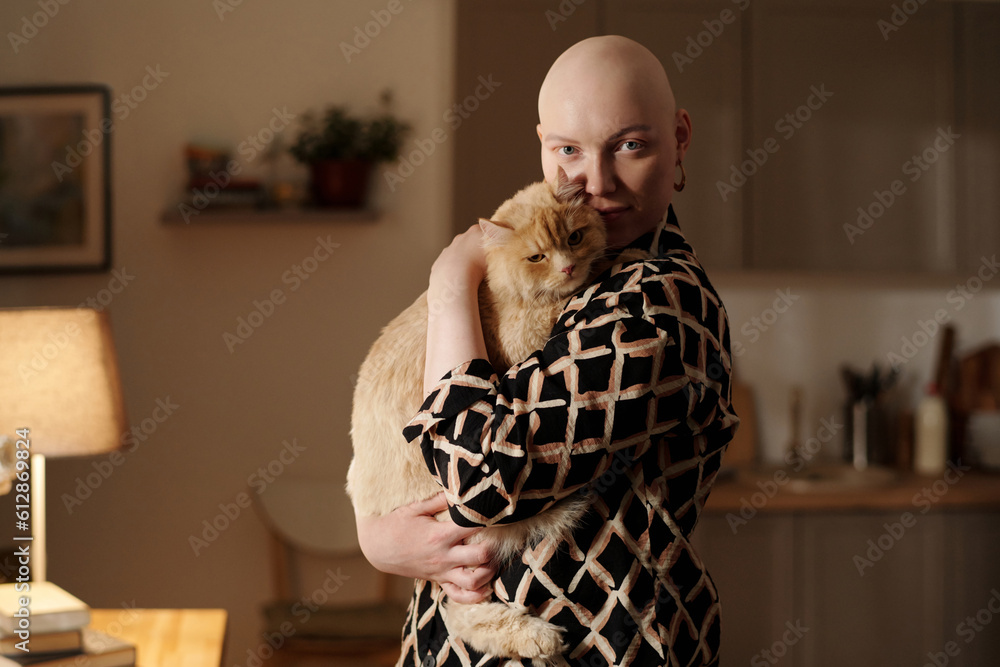A cancer diagnosis can be an overwhelming and isolating experience, but it doesn’t have to be faced alone. The power of community in the healing process is profound, offering support, strength, and a sense of belonging when it’s needed most. This blog explores how building and engaging with a supportive community can play a crucial role in navigating the challenges of a cancer diagnosis and enhancing the healing journey.
The Importance of Community in Cancer Recovery
- Content: A strong community can provide emotional and psychological support that is essential during cancer treatment. Whether it’s through family, friends, faith groups, or cancer support organizations, being part of a community helps alleviate feelings of loneliness and provides a network of people who understand what you’re going through.
- Emotional Support: A community offers a safe space to share fears, hopes, and experiences with others who can empathize with your situation. This emotional support can reduce anxiety and depression, contributing to better mental health during treatment.
- Practical Help: Communities can also provide practical assistance, such as helping with daily tasks, offering transportation to medical appointments, or simply being there to listen when you need to talk.
- Shared Knowledge: Being part of a community allows you to share and receive information about treatment options, coping strategies, and resources that can be invaluable during your cancer journey.
How to Build and Engage with a Supportive Community
- Content: Building a supportive community is about connecting with people who share your experiences and values. Here are some ways to find and engage with a community that can support you through your cancer journey:
- Join a Support Group: Cancer support groups, whether online or in-person, offer a place to connect with others who are going through similar experiences. These groups can provide a sense of belonging and a platform to share stories, advice, and encouragement.
- Engage with Faith Communities: For those who find strength in spirituality, faith communities can be a source of comfort and support. Engaging with your local church, mosque, synagogue, or other religious groups can provide spiritual guidance and a network of caring individuals.
- Leverage Online Communities: In today’s digital age, online forums and social media groups can connect you with people from all over the world who are experiencing similar challenges. These virtual communities can be a great source of support, advice, and friendship.
Healing Through Shared Experiences
- Content: One of the most powerful aspects of being part of a community is the ability to share and learn from others’ experiences. Whether it’s hearing about someone else’s journey with cancer or sharing your own story, these shared experiences can be incredibly healing.
- Inspiration and Hope: Hearing about others who have faced similar challenges and come out the other side can be a great source of inspiration and hope. These stories remind us that we are not alone and that others have walked this path before us.
- Empathy and Understanding: Sharing your story can also be healing, as it allows you to process your emotions and experiences in a supportive environment. When others listen to and empathize with your journey, it can help you feel understood and validated.
The Role of Faith in Community Healing
- Content: Faith-based communities can be particularly powerful in the healing process. The shared beliefs and values within these groups create a strong bond that can provide comfort, strength, and spiritual guidance during difficult times.
- Collective Prayer: Participating in collective prayer or spiritual practices can foster a deep sense of connection with others and with a higher power. This shared faith can be a source of peace and resilience, helping you navigate the challenges of cancer treatment.
- Spiritual Support: Many faith communities offer resources such as counseling, pastoral care, and spiritual guidance that can help you find meaning and purpose during your cancer journey.
Conclusion:
Navigating a cancer diagnosis is a daunting task, but it becomes more manageable when surrounded by a supportive community. Whether it’s through family, friends, support groups, or faith communities, the power of collective strength, shared experiences, and mutual support can make a significant difference in your healing journey. Embrace the power of community and let it guide you through the challenges ahead, offering hope, comfort, and healing along the way.

